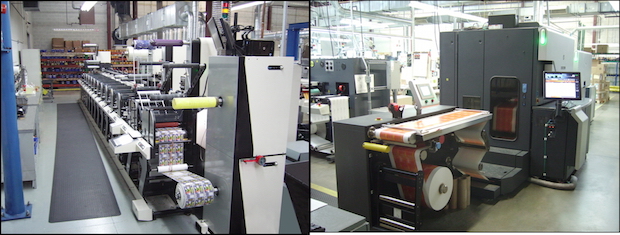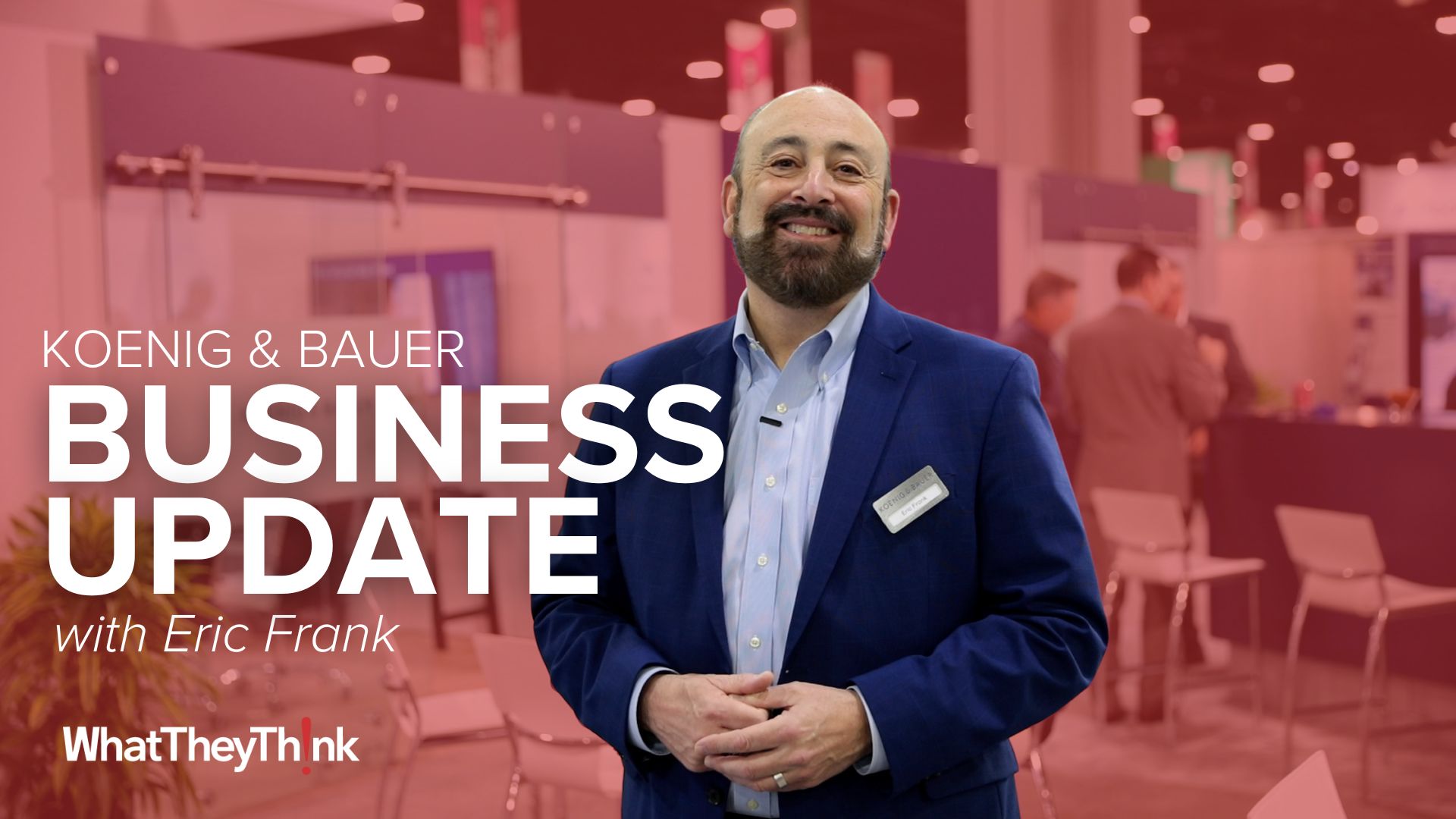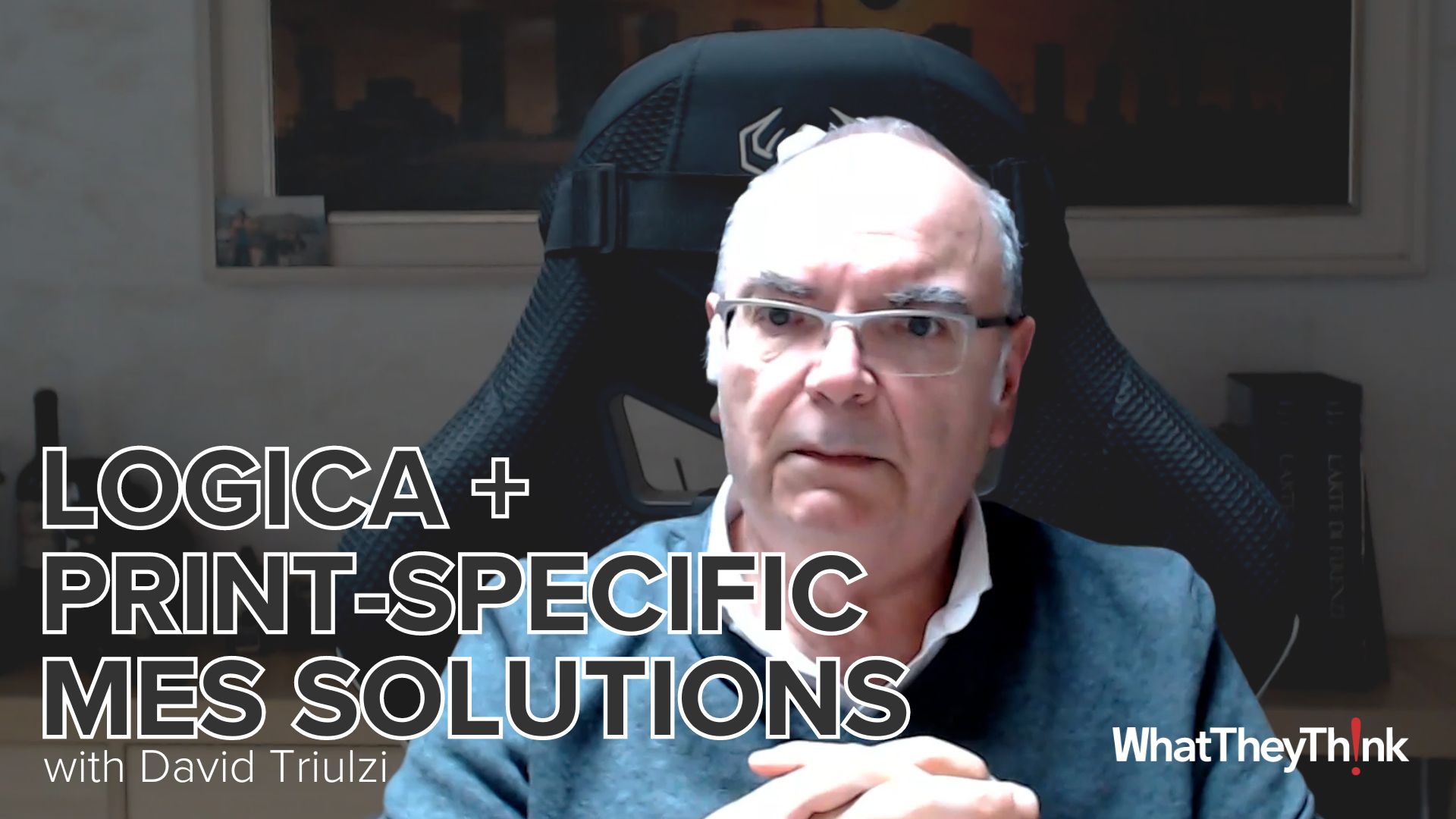John O. Wynne, Jr. was doing well as an investment banker in New York City when, one day, he had an epiphany: “I wasn’t seeing the ramifications of decisions being made.” So, he took the natural next step in his career by reinventing himself as an entrepreneurial label printer.
That was five years ago. Today, Wynne is seeing the successful ramifications of having built a label business with five locations, 230 employees, a growth-by-acquisition strategy, and a heavy investment in high-end flexographic and digital label printing equipment. Fortis Solutions Group has come a remarkably long way in a short time for a company assembled by someone with no prior experience in the label industry. And, Wynne says he isn’t done yet.
Headquartered in Virginia Beach, VA, Fortis Solutions Group is an amalgam of companies with roots that go back 50 years. Wynne became a part of it in 2010 when he purchased Labels Unlimited in Virginia Beach, which also happens to be his hometown. A&M Label, with facilities in Wixom, MI, and Memphis, TN, was next on his schedule of acquisitions in 2014. The combination was rebranded as Fortis Solutions Group in February of this year.
Wynne has kept the growth momentum going by adding two more companies to the Fortis network. Announced last month were the acquisitions of Kopco Graphics, which has plants in West Chester, OH, and Bradenton, FL; and another Memphis-based firm, Color Craft Label, which will be merged with A&M Label’s plant in that city by the end of the year. Not coming to Fortis as a part of the Color Craft deal is the company’s flexible packaging division. Although Fortis does a small amount of flexible packaging printing, it represents a line of business that Wynne says doesn’t figure in his growth strategy—for the time being.
The ongoing expansion of the corporate footprint is aimed at what he sees as the key to fulfilling that strategy: bringing Fortis’s production services closer to customers with improved shipping and delivery. “Customers want us in their back yards,” says Wynne, adding that along with organic growth, growth by acquisition will continue to be an element of the game plan for Fortis.
Almost 100% of the company’s output is stock and custom labels, with pressure sensitive labels as the bread and butter of the enterprise. About half of the volume is for customers in the food and beverage industry, which Wynne says is making increasing use of a Fortis specialty: multi-ply labels and coupons that provide extra real estate for recipes, product information, and other kinds of expanded content.
Most of the production takes place on a battery of 21 Nilpeter, Mark Andy, and Aquaflex flexographic presses in the various locations. They range in width from 7" to 17", and some can print in up to 10 colors. Wynne says that he is standardizing on Nilpeter equipment at the Virginia Beach plant, where he recently installed a pair of servo-driven 10-color Nilpeter FB-3s.
The foundation of Fortis’s digital printing capability was an HP Indigo 4050 web press acquired by A&M Label prior to Wynne’s arrival. He has greatly stepped up the digital side of the business with the recent installation of four new HP Indigo label presses: two WS6600s and two WS6000s that have been upgraded to 6600 compatibility. Three of the presses are at work in the Virginia Beach facility, and the other is in the Michigan plant. With their contribution, digital printing now accounts for about 25% of the company’s revenue—a share that Wynne expects to see change.
A&M Label installed its first digital press for the same reason Wynne has brought in the new ones: to cope with shorter runs. Beyond that, he likes digital printing’s ability to standardize color management for consistent output. The HP Indigos also can print variably, enabling runs with individualized bar codes and other variable marks for the track-and-trace requirements that many Fortis customers have to support in their labeling.

Two Nilpeter FB-3 10-color flexographic presses (one shown left) and four HP Indigo WS6X00 series digital presses are the main production platforms at Fortis Solutions Group.
In Wynne’s view, because his digital and flexo presses are equal in terms of print quality, Fortis has reached an “inflection point” where it will have to make careful decisions about allocating work between the two types. Flexo still is the go-to method for high volumes and for runs on challenging stocks such as metallics and those with adhesive backing. What’s more, the two new Nilpeter machines are taking the process to new levels of production efficiency. Wynne says he foresees a “nice battle” shaping up between flexo and digital as the company transitions its shorter-run work from the former to the latter.
For all of its emphasis on production, Fortis positions itself not as a label manufacturer but as a “solutions architect” that interacts with its customers on a number of different business levels. Besides printing, offerings include print management services; warehousing, fulfillment, and inventory control; graphic design; and branding consultation. Helping to coordinate everything is an EFI Radius ERP (enterprise resource planning) system installed in Virginia Beach last year for eventual rollout to all Fortis locations.
Looking ahead, Wynne says he will continue to seek growth in the food and beverage market—a highly competitive segment for label printing, but one where he believes the company still has opportunities to gain share. Other verticals to which Fortis caters include automotive, health and beauty, household, industrial, and private label. The company also is a source of do-it-yourself label printing systems and supplies.
Wynne expects personalization and customization to be must-offer capabilities for label producers as brands strive to be relevant across broader demographic ranges. Fortis became well versed in this kind of printing when Coca-Cola made Labels Unlimited one of five label companies it partnered with to produce personalized labels for its “Share a Coke” brand-boosting campaign last year. The personalization involved printing 250 of the most popular names for American teens and millennials on labels for Coke Classic, Diet Coke, and Coke Zero.
Labels Unlimited rose to its part of the challenge by producing over 100 million shareable labels in nine weeks. This was accomplished by dedicating three HP Indigo presses to the task on a schedule that permitted round-the-clock printing on tight delivery deadlines. Wynne calls it “a fantastic experience” that sharpened operator skills and generally enhanced the company’s ability to handle whatever similar projects may come its way.










Discussion
Join the discussion Sign In or Become a Member, doing so is simple and free